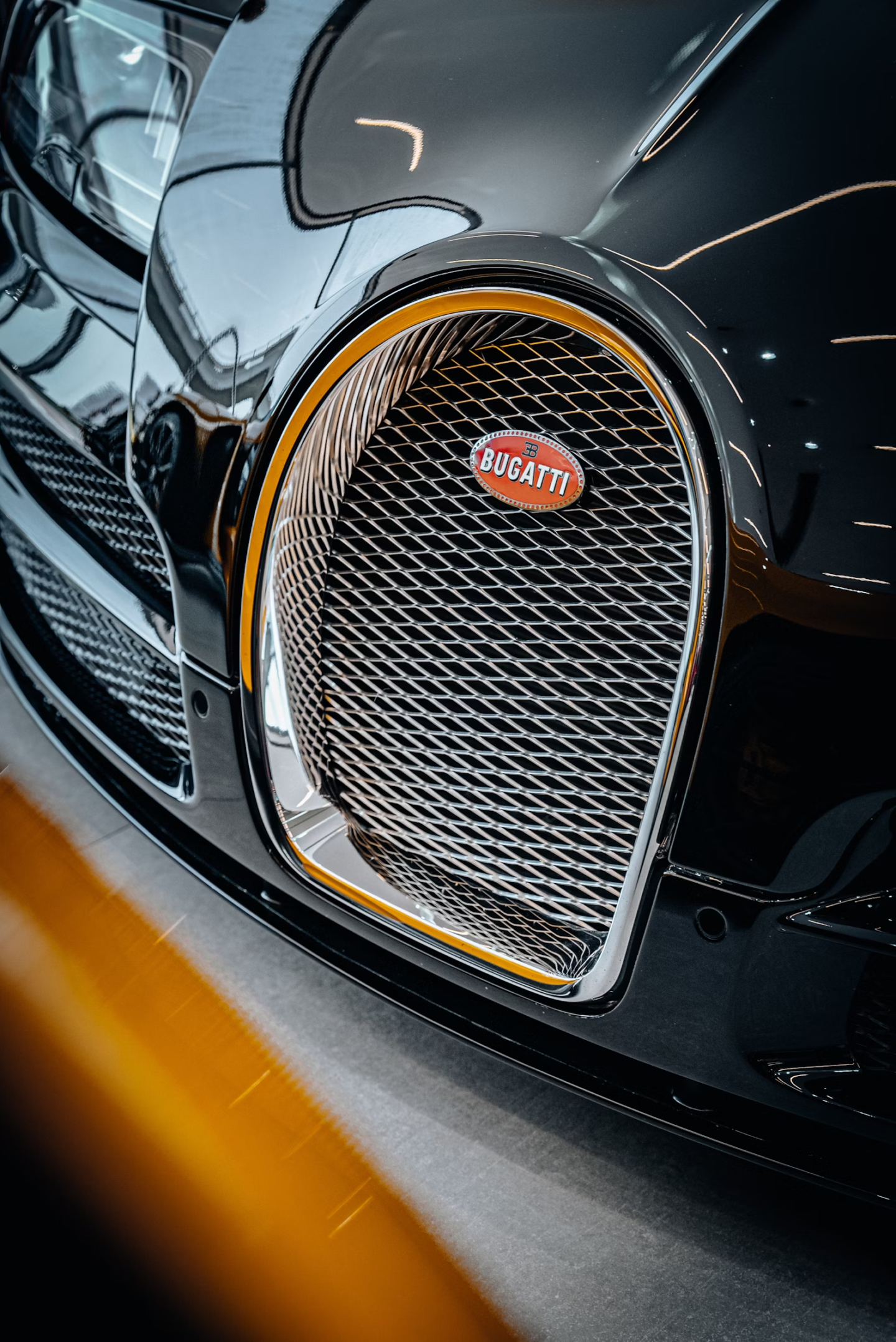
Photo by Nejc Soklič on Unsplash
Purchasing a luxury vehicle is an exciting decision that blends practicality with indulgence. Whether you’re drawn to elegant interiors, cutting-edge technology, or dynamic performance, there are several factors to consider before making your investment. A luxury car isn’t just a means of transportation; it’s a statement of style, comfort, and personal success. Here’s what you should bear in mind when shopping for a high-end vehicle.
1. Budget and Financing Options
Luxury vehicles come with a higher price tag, so having a clear budget is essential. Beyond the initial cost, factor in additional expenses such as insurance, maintenance, and potential repairs. Many buyers opt for financing options like personal contract purchase (PCP), which offers flexibility with smaller monthly payments and an option to buy at the end of the term. If you’re considering financing, ensure you understand the terms and conditions, as disputes over agreements can lead to BMW PCP Claims for example, and similar issues.
2. Brand and Reputation
Each luxury brand offers a unique identity and appeal. BMW, Mercedes-Benz, Audi, and Lexus, for example, each cater to different tastes and priorities. Researching the brand’s reputation for reliability, customer service, and resale value can help you make an informed decision. Test-driving multiple brands and models will also give you a feel for which one aligns with your expectations.
3. Features and Technology
Luxury vehicles are renowned for their advanced features, but the options can be overwhelming. Think about what’s important to you—whether it’s a state-of-the-art infotainment system, adaptive cruise control, or semi-autonomous driving capabilities. Don’t forget comfort features such as heated seats, premium audio systems, and ambient lighting. While it’s tempting to opt for all available upgrades, prioritise the features that genuinely enhance your driving experience.
4. Performance and Driving Experience
The performance of a luxury vehicle is often a key selling point. Consider the type of driving you enjoy—some cars are built for thrilling speed and handling, while others prioritise smooth and serene rides. Pay attention to engine options, fuel efficiency, and drivetrain choices. Additionally, hybrid and electric models are increasingly popular among luxury brands, offering sustainability without compromising on performance.
5. Practicality and Lifestyle Compatibility
While luxury vehicles exude sophistication, they should also suit your lifestyle. If you have a family, spacious interiors and safety features may take precedence. For urban dwellers, a compact luxury car with excellent manoeuvrability might be ideal. Assessing your day-to-day needs ensures your vehicle is both practical and enjoyable.
6. Depreciation and Resale Value
Luxury vehicles tend to depreciate more rapidly than standard cars. When selecting a model, research its historical resale value to minimise long-term losses. Certain brands and features hold their value better, making them smarter investments. Additionally, choosing timeless designs over fleeting trends can enhance your car’s appeal in the used market.
In A Nutshell
Buying a luxury vehicle is as much about personal taste as it is about practicality. By considering your budget, researching brands, prioritising essential features, and evaluating long-term costs, you can make a confident and informed decision. With thoughtful planning, your luxury car will not only reflect your style but also provide an exceptional driving experience for years to come.
